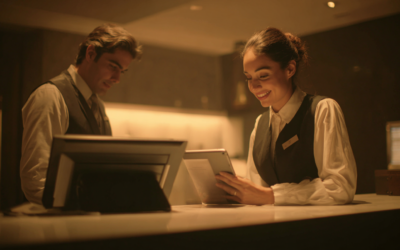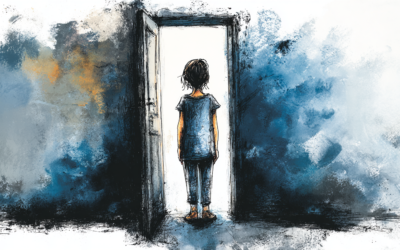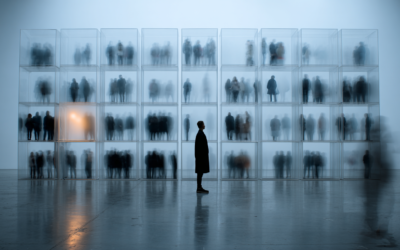 Back in 2003 the Illinois state attorney general’s office warned that holiday shoppers should be cautious of retailers who encourage them to hold objects and imagine the objects as their own when shopping. Many people thought it was simply pop psychology but a new study by Joann Peck & Suzanne B Shu has shown some truth in it.
Back in 2003 the Illinois state attorney general’s office warned that holiday shoppers should be cautious of retailers who encourage them to hold objects and imagine the objects as their own when shopping. Many people thought it was simply pop psychology but a new study by Joann Peck & Suzanne B Shu has shown some truth in it.
“In our research, we have evidence that the warning from the attorney general is valid. In four studies, we find that merely touching an object increases the feelings of ownership a person has for the object. This, in turn, results in a person being willing to pay more for most objects that they touch versus objects that they cannot touch,” the authors write. “We also find that when touch is unavailable, such as shopping online, having people imagine owning a product increases their perception of ownership and how much they are willing to pay for a product.”
If people have a positive or neutral response to touching an object, they are willing to pay more for it, the authors explain. However, if an object does not feel particularly pleasant to the touch, it decreases the amount consumers are willing to pay. “For most products, the touch experience is positive or neutral so merely touching a product usually increases how much a person is willing to pay for an object,” the authors write.
The research may help explain the link between touch and impulse purchasing, the authors explain. “Encouraging touch in a retail store, as Apple does for products like the iPhone, may increase the feelings of perceived ownership and influence the amount a customer is willing to pay for a product.” Likewise, offers of “free trials” for a certain time before the consumer is obligated to pay are likely to increase perceived ownership and product valuation.
Encouraging ownership imagery can be an effective way for online retailers to increase sales, even when touch isn’t possible, the authors write. “Our findings that consumers respond effectively to the combination of no-touch and ownership imagery suggests a remarkable opportunity for online retailers to increase perceived ownership and purchase.”
Joann Peck and Suzanne B. Shu. “The Effect of Mere Touch on Perceived Ownership.” Journal of Consumer Research: October 2009.



